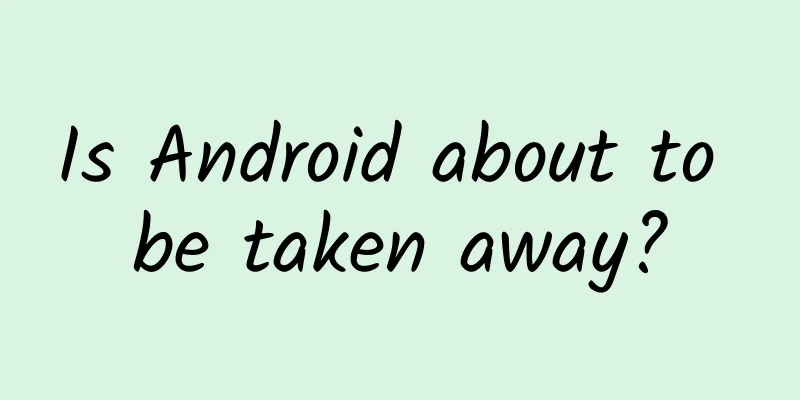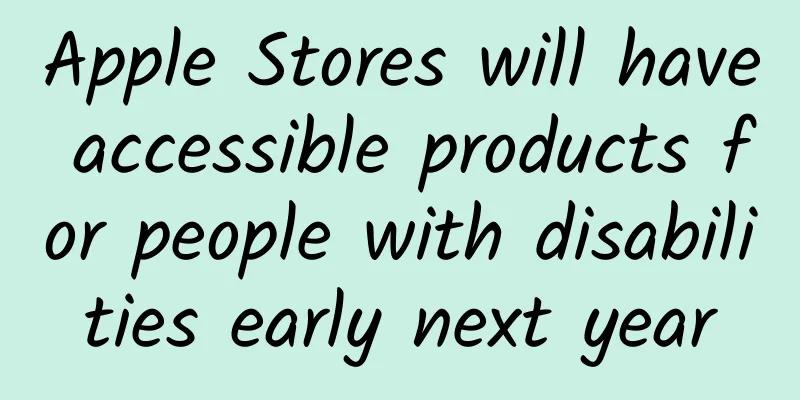Is Android about to be taken away?

|
When Cyanogen CEO Kirt McMaster announced that he wanted to take Android away from Google, it immediately attracted a lot of criticism and doubt. The reason for the criticism is that many Cyanogen users are also supporters of Google (some people flash third-party ROMs just to enjoy the original Android), and its corporatization is unsatisfactory; the reason for the doubt is that although removing Google services is feasible, it requires strong strength or a special market to achieve commercial success, so even the powerful Samsung does not dare to do so. Does it seem like Cyanogen's plan is just a ridiculous idea? After interviewing CEO Kirt McMaster, Fastcompany believes that Cyanogen's plan to take over Android may not be so ridiculous. First, Cyanogen reached an agreement with chip manufacturer Qualcomm to put the Cyanogen system into reference design phones. This means that phone manufacturers can obtain functions beyond native Android, such as themes and privacy controls, and Cyanogen is responsible for system upgrades. This is not enough to pose a threat to Google. However, as the number of users continues to increase, Cyanogen has the strength to replace Google services. Cyanogen's plan is to find alternatives to Google services and then deeply integrate them into the system. For example, replace the automatic backup service with Dropbox, or use Spotify as a built-in music software. In this way, when you ask the phone to play music, it will play Spotify instead of Google Play Music. "I can say to the phone, 'Play a song,' and then that song will play on the Sonos speaker in my bedroom, using Spotify," McMaster said. In addition, Cyanogen will cooperate with some small companies, such as companies that develop virtual assistant software. Their services may be superior, but they can't compete with Google Now, because Google Now is a system-level integration. In addition to system-level services, Cyanogen will also provide its own software store. Unlike Google Play, Cyanogen may provide multiple application stores from different providers. He said that China has a variety of application stores, some of which provide professional software. This model is also feasible in other countries. Even so, it's still difficult to build an ecosystem that can compete with Google. So Cyanogen hopes that it won't completely cut ties with Google. "As a company, we like Google. We like Google's services. I use Google services every day," McMaster said. "We want to work with Google. As for whether they want to work with Cyanogen, it depends on their willingness." "That was more of a rallying cry that we desperately need an open Android and an open computing platform," McMaster said of the talk of taking over Android. "We're not naive enough to think that we can take over Android and have 500 million users." "We want people to have an open choice, and that's what we fight for. Believe me, it's a fight. So we're not going to sit back like kittens and play with this," he said. "We're going to be aggressive." |
<<: In addition to Jobs, what changes have Apple's press conferences undergone over the years?
>>: UPYUN launches CDN real-time performance monitoring
Recommend
Protecting the river beach! The "amphibious guards" that are not afraid of flooding have "settled down" on both sides of the Yangtze River
The model species of the sparse-flowered water cy...
Can India become an exciting battlefield for Apple's "PUBG"?
Earlier this month, Apple launched its largest fr...
This is an animal that is rarer than the giant panda?
Today is the 12th World Elephant Day. Elephants a...
Will Samsung become the next Sony?
Recently, there is news that Sony Mobile will sig...
What will future medical care look like under the wave of technology?
With the rapid development of science and technol...
Good news for debugging database in mobile phone: Android-Debug-Database
Currently, debugging apps in the browser is becom...
The latest news on pension adjustments for retirees in 2022: How much will it increase? Attached is the latest official adjustment notice
In recent years, the pensions of retired people i...
Using lard instead of lubricating oil and wood as insulating material, he built the Eighth Route Army's own communication radio station | Time Letter
After the outbreak of the War of Resistance Again...
How to use the reverse method to improve the bidding effect of Baidu?
Generally, data analysis is done step by step fro...
How to leverage information flow for marketing? Use these tricks from Durex!
On Marketing by Leveraging Trends Durex is second...
Sheng, Dan, Jing, Chou, why is Mo missing? Learn all the roles in Peking Opera in one go
Everyone still remembers it, right? The five elem...
The 4 core elements of B-side community operations!
As a community operator, he started to engage in ...
What is on Venus? Is it heaven or hell?
Venus is the brightest natural object in the nigh...
Insights: As long as you want to go, life will always give you a way
Famous Artists Gallery | Grice, a Russian painter...
Three satellites launched in one rocket, Suzaku-2 reenters orbit! What are the advantages of liquid oxygen-methane rockets?
At 07:39 on December 9, 2023, Beijing time, the S...









